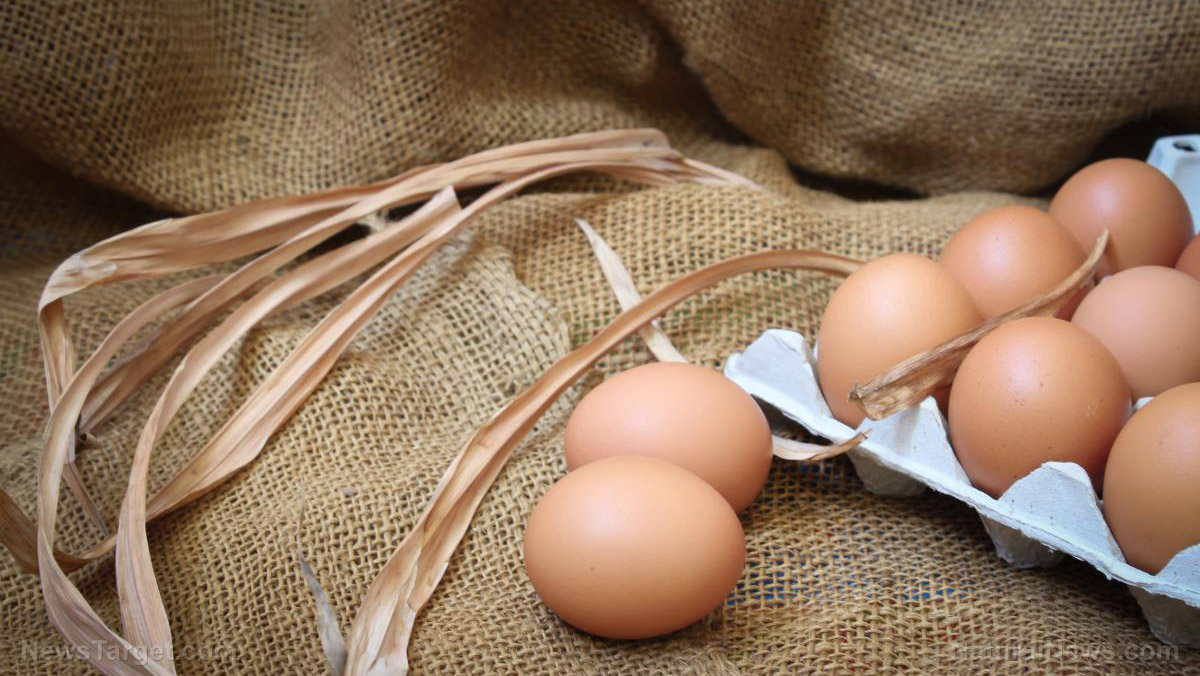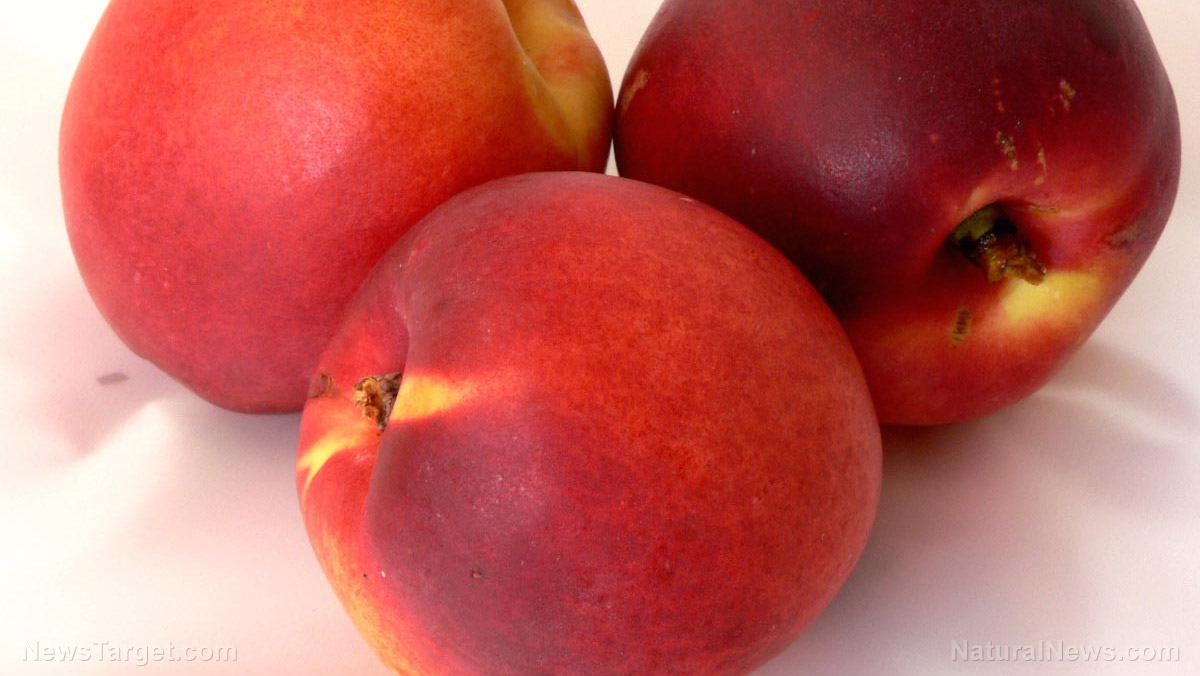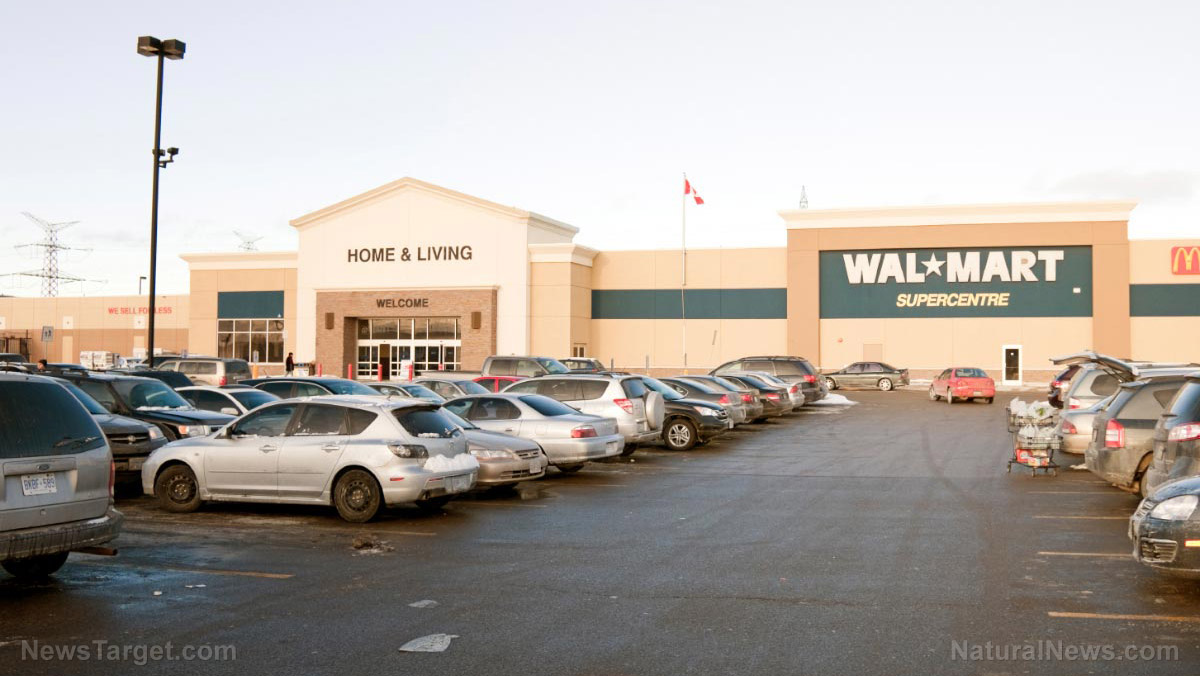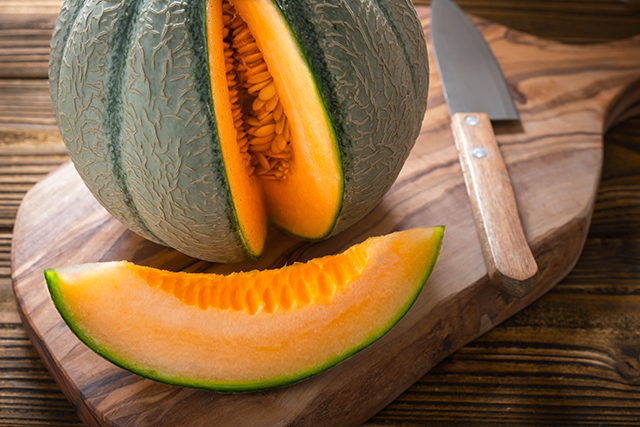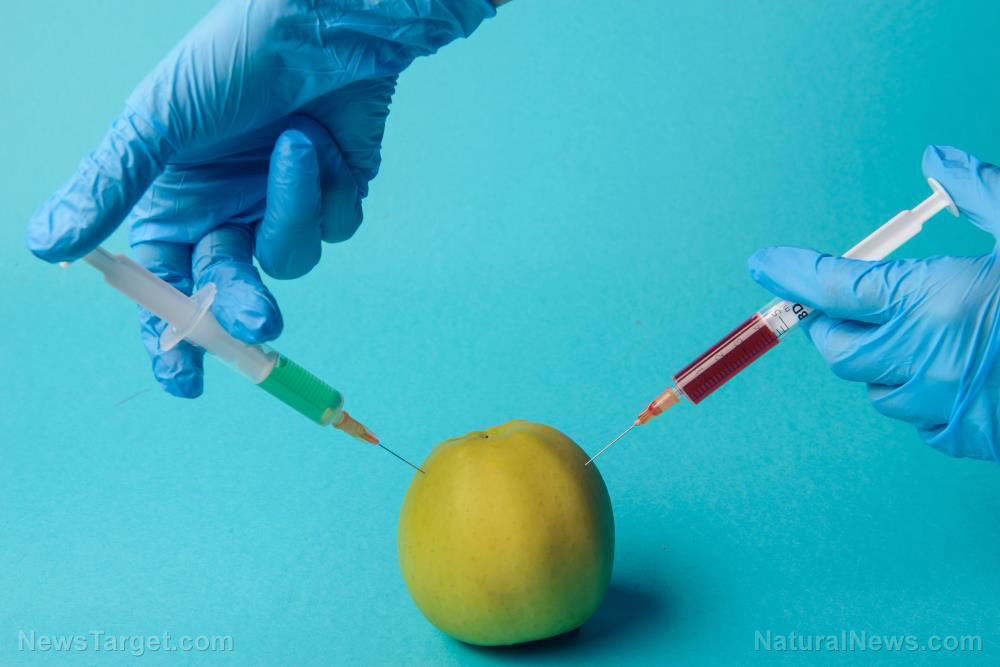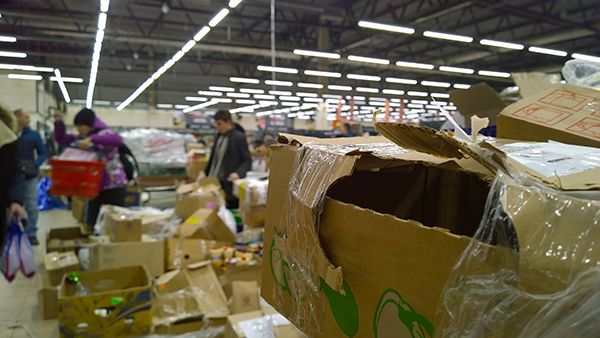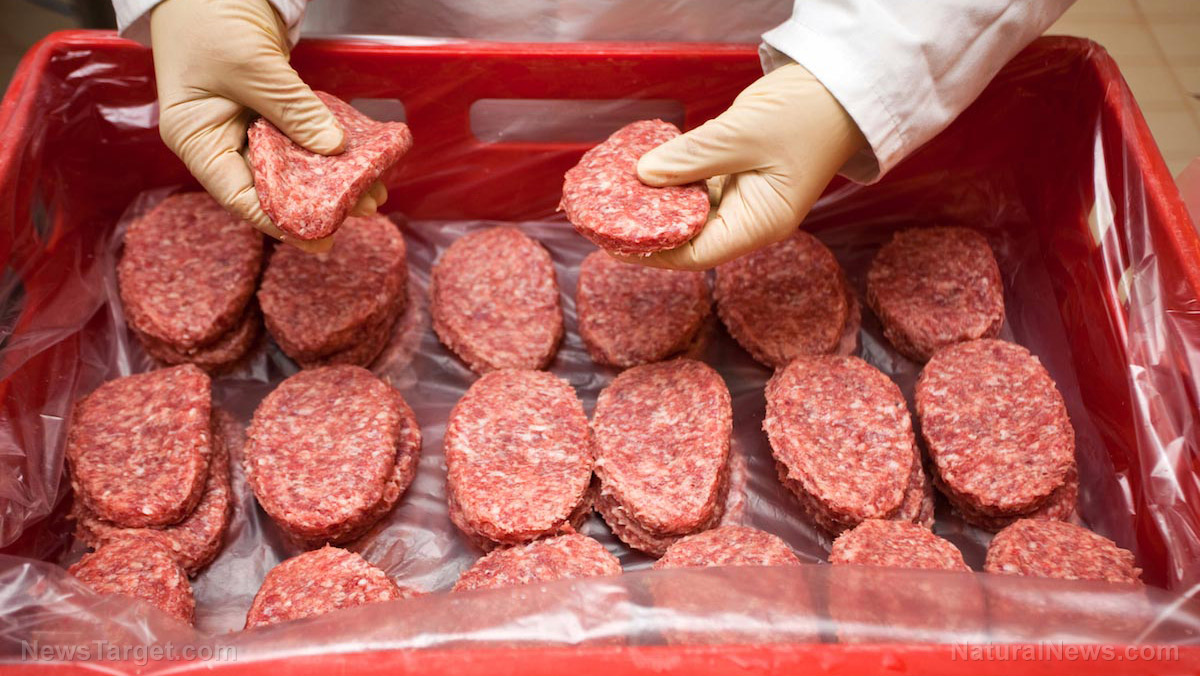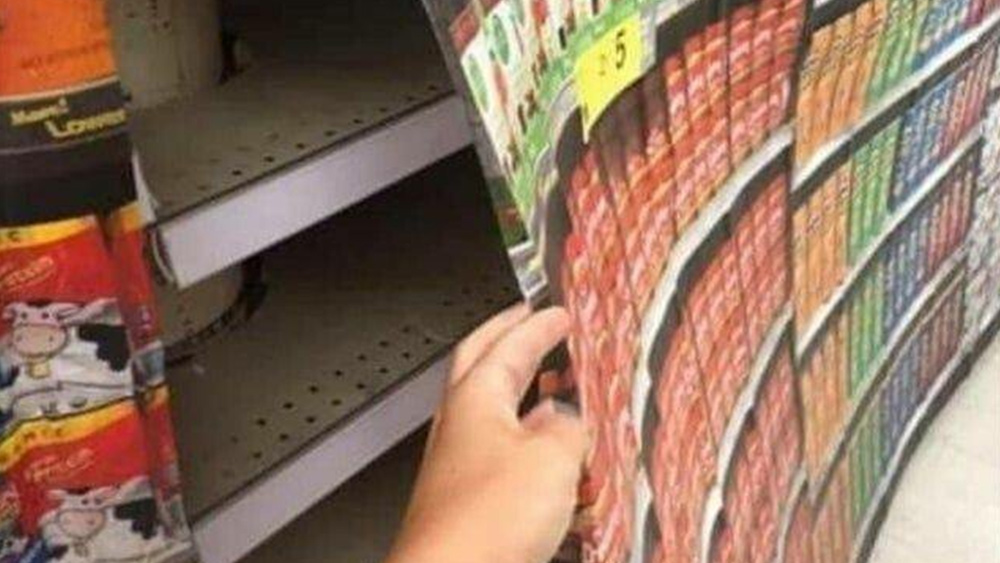No olive branch of peace as Israeli soldiers DESTROY Gaza’s olive harvest, farmers say
11/12/2023 / By Ethan Huff
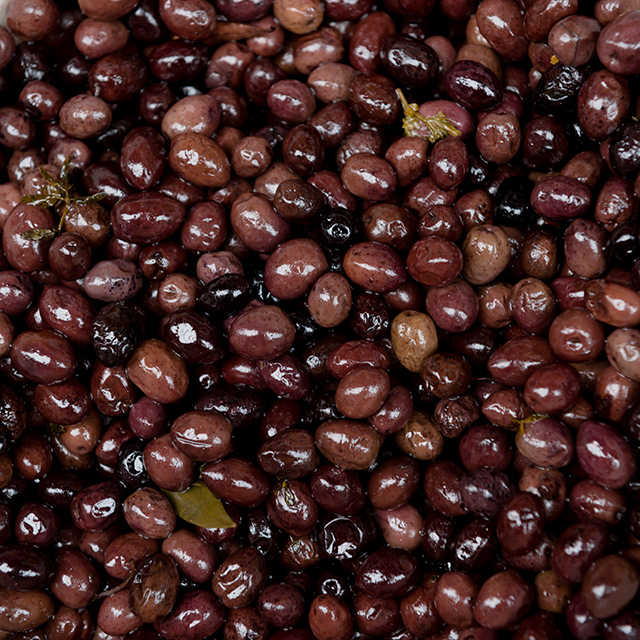
One of the most beautiful and special times of the year in Gaza is olive harvest season, a celebratory event for the Palestinian people that traditionally occurs during the months of October and November – right now, in other words. This year is different though, because of the war.
The current olive harvest in Gaza was already expected even before the October 7 Hamas attack to be “sheltoni,” meaning small and not plentiful – this is because last year’s olive harvest in Gaza was abundant, so the year following is typically a lot smaller – but because of Israel, this year’s olive harvest in Gaza will be nothing short of a disaster.
“For olive trees, it is usual to experience one year with an abundant crop and the following year with a smaller one,” says Fayyad Fayyad, director of the Palestinian Olive Council, adding that the annual average olive production season in Palestine yields about 100,000 tons of olives, which yield up to 20,000 tons of olive oil.
“Last year, the season was abundant and witnessed the production of 36,000 tons in the Gaza Strip. Had it not been for the war, this season would have produced 10,000 tons of olives, or the equivalent of 2,000 tons of olive oil.”
(Related: Did you know that Israel is bombing the very “safe” zones where it is telling Palestinians to flee for “safety.”)
Israel routinely bombs Palestinian olive groves, spraying trees with pesticides, burning them down and shooting owners
Many Gaza olive farmers are now displaced from their own land due to Israel’s ongoing ground invasion coupled with seemingly never-ending airstrikes. In addition to that, Israel has a history of specifically targeting Gaza olive groves, simply because they are a national treasure for the Palestinian people that date back centuries.
“Farmers pick olives with their extended families and friends,” explains Al Jazeera about the national occasion, which celebrates the connection and relationship the Palestinian people have with the land.
“Folk songs create a festive atmosphere. Meals are cooked and eaten under the trees. The olives are then pressed to extract olive oil, its quality depending on the climate and soil.”
This year, such celebrations are not occurring. Israeli Defense Forces (IDF) are bombing farmers out of their land – and just to be sure that the owners do not try to go back and save the crop, IDF is also stealing olives, setting fire to groves, and even spraying entire groves with chemical pesticides to destroy the trees and the soil in which they grow.
“We are experiencing great suffering as farmers because these wars cost us greatly,” says Samaher Abu Jameh, an olive farmer and mother of two who has olive trees and greenhouses planted with tomatoes and livestock on land located in the town of Abasan al-Kabira, in southern Gaza close to the border of Israel.
Like many Palestinians, Jameh is now stuck in a United Nations-run school, this one in the center of Khan Younis, and is no longer able to care for her land or the olives and produce it grows.
“I have no idea what state they are in,” Jameh says about her olive groves. “I just want to reach my land to see what has become of it.”
In some cases, IDF forces have even shot Palestinian olive farmers dead for no reason, which is exactly what happened to Bilal Saleh, a Palestinian man who was murdered by IDF soldiers back in October while harvesting his olive crop near Nablus.
“I used to go to my land in Abasan al-Jadida with my three brothers despite the dangers that we faced every day from the Israeli occupation, who would shoot at us in order to leave,” says Ahmed Abu Rjeila, another olive farmer, about the dangers of being a Palestinian while surrounded by Israel.
The latest news about Israel’s aggression against Gaza can be found at Genocide.news.
Sources for this article include:
Submit a correction >>
Tagged Under:
crop, food supply, Gaza, genocide, grocery, harvest, Israel, olives, Palestine, supply chain, Twisted, world agriculture
This article may contain statements that reflect the opinion of the author
RECENT NEWS & ARTICLES
COPYRIGHT © 2017 GROCERY NEWS

